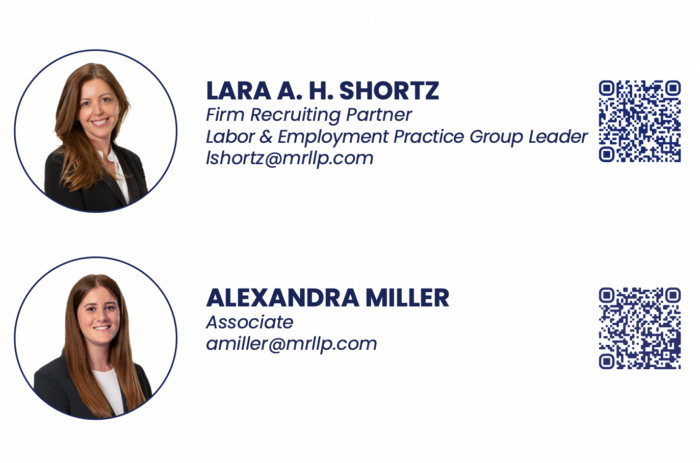On July 1, SB 478 takes effect in California, introducing major changes regarding pricing for businesses, particularly those in the hospitality industry. Businesses should begin preparing for these changes immediately to ensure compliance before the effective date that is less than two months away.
Prohibition of “Drip Pricing”
The new law aims to prohibit “drip pricing,” which occurs when a business advertises a price that is less than the actual cost for a good or service. Specifically, it prohibits businesses from “[a]dvertising, displaying, or offering a price for a good or service that does not include all mandatory fees or charges” other than government-imposed taxes and fees or reasonable shipping costs.
Applicability and Scope
This mandate applies to the sale of most goods and services, including those offered by hotels and restaurants. The Attorney General’s Office recently published a Frequently Asked Questions guide clarifying that the law’s effects will be significant. Businesses can charge whatever they wish for items sold and services rendered, but advertised prices must include the total cost a consumer will pay, including service fees, automatic gratuities, and the like. As otherwise stated, all charges must be specified up front; however, taxes and other limited fees need not be calculated into advertised prices.
Mandatory Fees in Advertised Prices
Businesses cannot comply with SB 478 by disclosing additional required fees before a transaction is complete. For example, a hotel advertising a room for $100 per night cannot then add resort fees, cleaning fees, or other surcharges to that price, even if the consumer is made aware of these additional costs in advance of payment being issued. Similarly, the cost initially provided to
potential customers for events hosted at hotel properties must include all fees, such as room rental, food charges, and service fees.
Compliance with SB 478 will be particularly tricky for restaurant owners and operators because, going forward, the price of individual items on their menus will have to include any proportionate service fees, automatic gratuities, or other fees charged. Consequently, restaurants may have to increase menu prices to account for these fees.
Automatic Gratuities
With regard to automatic gratuities, these tips have to be designated in the cost of each menu item with a note explaining as much to customers. Likewise, the automatic gratuity must be allocated directly to employees’ wages, necessitating careful calculations to avoid wage claims.
To be sure, restaurants will need to work with point-of-service and payroll service providers to ensure compliance. Alternatively, restaurants can eliminate automatic gratuities, leaving tip amounts to the customer’s discretion, though this could unintentionally result in lower tips for food service employees.
The Attorney General’s Office has indicated it does not intend to focus initial enforcement efforts on fees paid directly and entirely to workers, such as automatic gratuities. That being said, businesses may still be liable in private actions, potentially resulting in significant exposure. To avoid potential liability, businesses should consult with legal counsel to discuss compliance options.
Exclusion of Conditional Fees
Businesses do not need to set forth conditional fees that a consumer may incur, such as fees for smoking in a non-smoking room, in advertised prices. Only mandatory fees must be included.
Conclusion
Without question, SB 478 will present challenges across industries in California, especially the hospitality sector. As such, businesses should begin reviewing their policies and practices now to prepare for the law’s effective date on July 1.
This blog post is not offered, and should not be relied on, as legal advice. You should consult an attorney for advice in specific situations.


